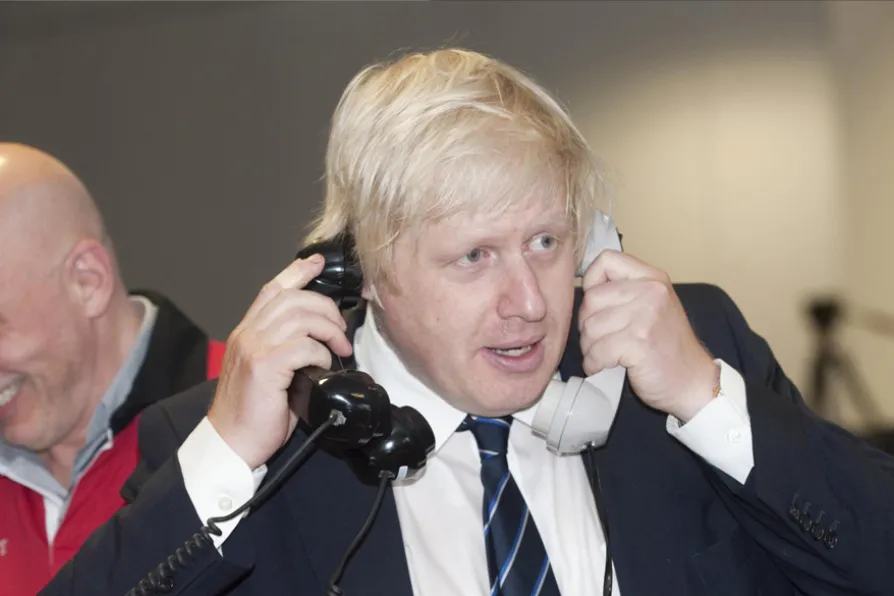NICK TROY lauds the young staff at a hotel chain and cinema giant who are ready to take on the bosses for their rights


BORIS JOHNSON, if he doesn’t self-destruct in the meantime, could be set to be crowned Tory leader in a few weeks’ time. His reputation is as someone who says and believes whatever is convenient to him at the time.
During his Tory leadership campaign he made some play of his, for many, disastrous time as London Mayor and also he claimed he was a “one-nation” Tory despite attracting the support of hard-right MPs like Esther McVey.
In a pre-2015 general election interview with the London Evening Standard, now under the editorship of George Osborne backing him for PM, Boris Johnson, then London Mayor and Tory candidate for Uxbridge, spoke of his view of a “moral capitalism.”
It could be seen, perhaps, as the equivalent of David Cameron’s “modern Conservatism,” heralded before 2010 but little seen since.
Academically speaking, as he often reminds us, Boris Johnson is an ancient scholar so it is doubtful if he is aware of the moral economy that was central to the way Britain was run until the rise of industrial capitalism. It was then replaced by the political economy of Adam Smith, essentially capitalism with most of the moral bits left out.
The pre-eminent historian of the moral economy was the late EP Thompson. He argued that it represented a contract between an 18th-century agricultural and industrial workforce and at least some elements of local ruling classes.
It meant that, for example, the prices and quality of staples like wheat, bread, and beer could, if need be, be legally enforced or at any rate influenced by crowd protests that were seen on all sides as legitimate (except by the forestallers or middlemen who sought to make profit out of unfair prices).
The moral economy here is a conservative traditional culture, sometimes enforced by radical means including, on occasion, riot. It involved a recognition not that society was equal or should be so – but that the poor were entitled at least to a basic standard of living.
Johnson’s interview with the Standard had some of this understanding.
He argued that wealth creation by capitalists, whatever their intention, is the thing that helps to fund public services. He also said of those self-same capitalists that since they are making good profits they can afford to pay the London Living Wage and not expect the wages of their employees to be topped up by the taxpayer.
Johnson argued that there is a “moral purpose to wealth creation.” Adam Smith might have grudgingly conceded the point, the 18th-century crowd (who Johnson would probably call the mob) would certainly agree.
Was there anything in Johnson’s period as London Mayor that makes it appear that his moral economy for the 21st century is something that he would actually implement if he became a Tory Prime Minister? Despite his claim that London became a less unequal city there seems little evidence for it. His support for the London Living Wage was not for example matched by any actual action to get more employers to pay it.
Here he differs from his 18th-century predecessors. Not only did they support the notion of a moral economy they were, particularly in hard times, prepared to use the law to make sure it was enforced.
Johnson’s record of saying whatever is convenient at the time and doing as little as possible about anything is a sign more than anything of the decline of the Tory Party, its ability to represent business or attract the support of some working people. A party for the few not the many.
Keith Flett is a socialist historian.

Research shows Farage mainly gets rebel voters from the Tory base and Labour loses voters to the Greens and Lib Dems — but this doesn’t mean the danger from the right isn’t real, explains historian KEITH FLETT













